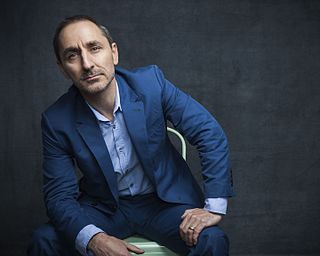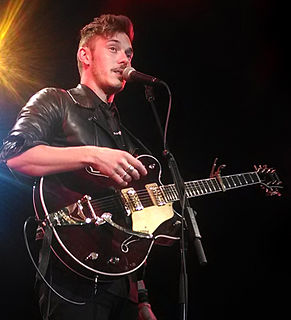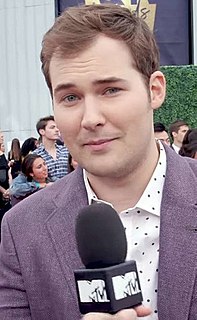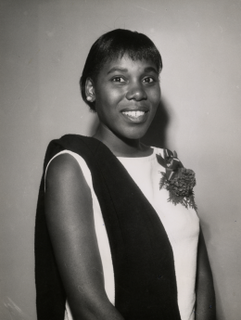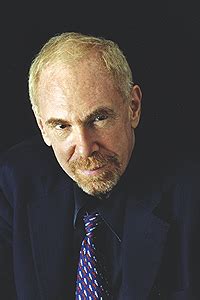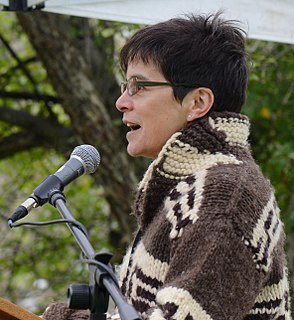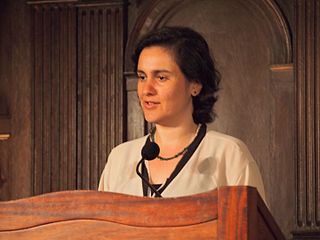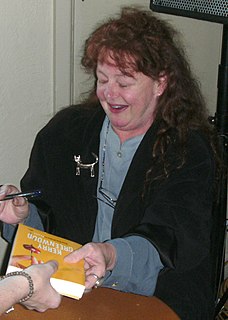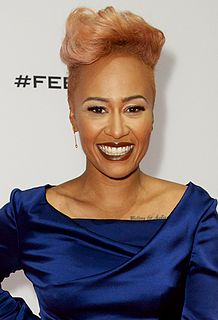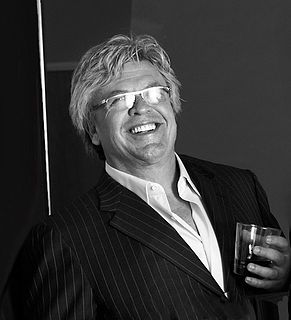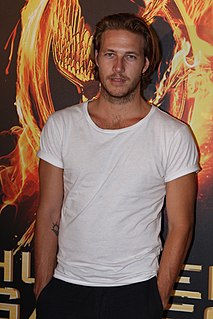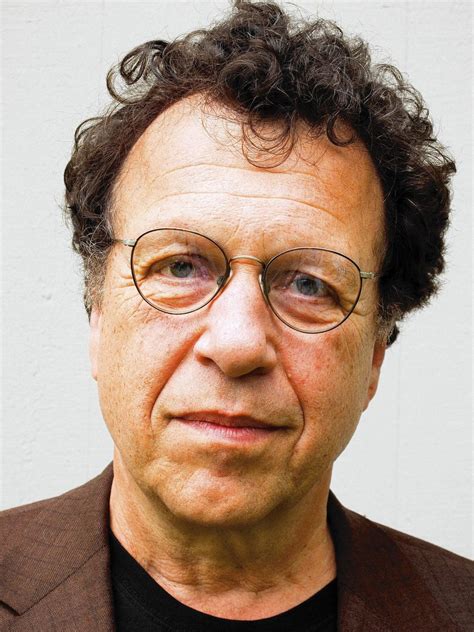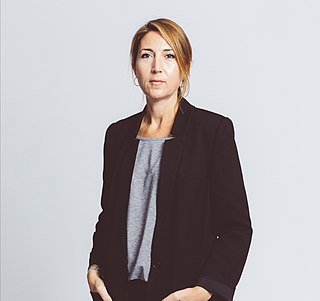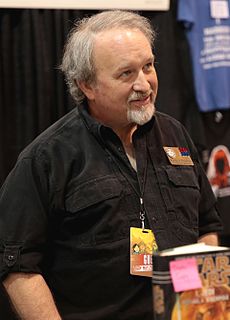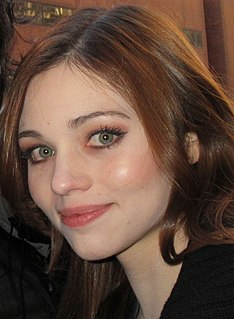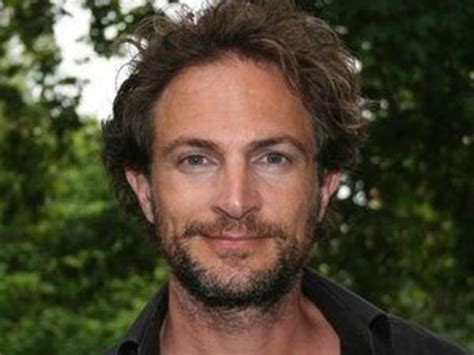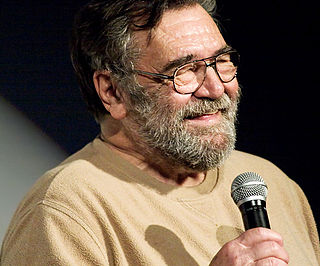Top 1200 Fictional Stories Quotes & Sayings - Page 16
Explore popular Fictional Stories quotes.
Last updated on December 2, 2024.
The Voice did not consider itself a conventional magazine. It took me awhile to realize that it was named The Voice for a reason. They wanted voices. At the time, good magazine stories were still believed to be written in the third person based on the false belief they were more objective. Of course some conventional stories require third person, but in the really interesting stories - the ones I got do to at The Voice and Esquire - were about subjectivity, subjectivities.
There's a social and human necessity for some kind of continuity, but it's not axiomatic and not something you're born into; it's something you have to work at. And one of the ways to work at it - perhaps the best - is storytelling: telling stories about yourself to others, telling stories about yourself to yourself, telling stories about others to others.
I started writing the book without realizing I was writing a book. That sounds stupid, but it's true. I'd been trying and failing to make a different manuscript work, and I thought I was just taking a break by writing some short stories. I'm not a very good short story writer - the amazing compression that is required for short stories doesn't come easily to me. But anyway, I thought I'd try to write some short stories. And a structure took shape - I stumbled upon it.
All the stories of the Bible that I know came to me first from my grandfather's lips... He would see stories in everything. He told stories very easily and very generously, so I loved him for that. He was a simple man, a Victorian; he was born in 1890-something. He saw no reason and had never seen any reason to question his Christian faith. His faith was strong and simple and that's it. And I, like his other grandchildren and the children in his parish, sheltered underneath it.



